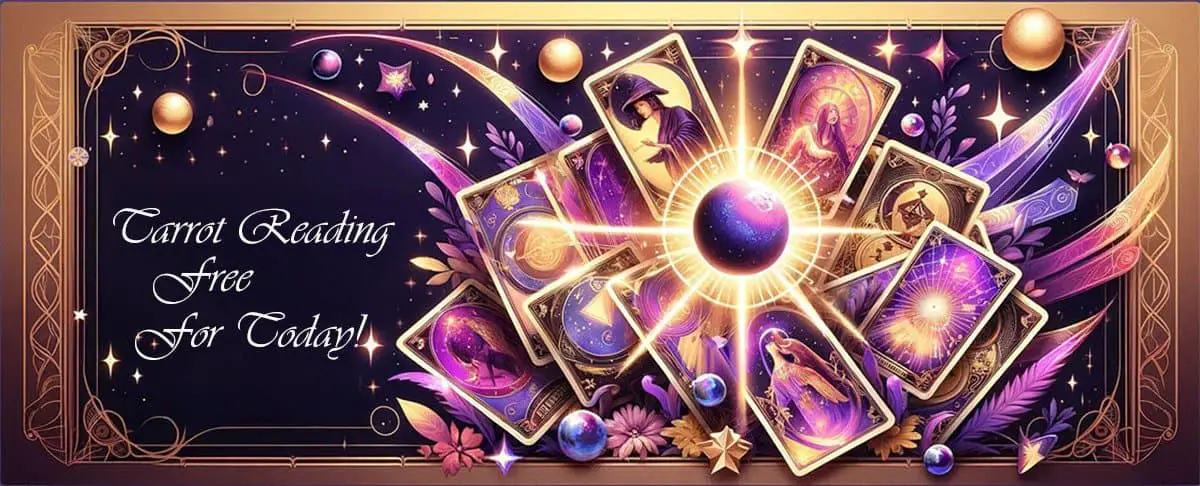Dreams have long been a source of fascination and mystery for humans. We often seek to interpret their meanings, looking for hidden messages or insights into our subconscious. One particularly intriguing type of dream is the upside-down dream, in which the normal laws of gravity seem to be suspended, leading to a topsy-turvy experience that can leave us feeling disoriented and perplexed. In this article, we will explore the possible meanings and interpretations of upside-down dreams, delving into the symbolism and psychological significance behind these surreal experiences.
The Nature of Dreams

Before delving into the specifics of upside-down dreams, it is important to understand the broader context of dream interpretation. Dreams have been studied and analyzed for centuries, with various cultures and belief systems offering their own interpretations of these enigmatic experiences. From the ancient Greeks to modern psychoanalysts, there has been a persistent fascination with uncovering the hidden meanings of dreams. While the exact nature and purpose of dreams continue to elude us, many experts agree that dreams can provide valuable insights into our emotions, desires, and subconscious thoughts.
The Symbolism of Upside-Down
The concept of “upside-down” carries a rich symbolic significance in many cultures and belief systems. In the realm of dreams, the upside-down motif can represent a reversal of norms or a disruption of the usual order. When we experience an upside-down dream, we are confronted with a fundamental shift in our perception of reality, as the familiar laws of gravity and spatial orientation are upended. This inversion can evoke feelings of confusion, disorientation, and even a sense of the surreal.
Psychological Perspectives
From a psychological standpoint, upside-down dreams can be seen as a manifestation of inner turmoil or cognitive dissonance. The disorienting nature of these dreams may reflect underlying anxieties or unresolved conflicts within the dreamer’s psyche. By disrupting the conventional laws of physics and spatial orientation, the dream may be signaling a need for the dreamer to reevaluate their perspectives and reconsider their approach to certain aspects of their waking life.
Subscribe and Get a Free Dream Journal from Us
Exploring Interpretations
Interpreting the meaning of an upside-down dream requires a nuanced understanding of the dreamer’s personal experiences and emotional state. While some interpretations may be more universal, such as feelings of instability or uncertainty, the specific details and context of the dream can greatly influence its significance. For example, a dream in which the entire world appears upside-down may carry different implications than a dream in which only specific objects or individuals are inverted.
Cultural and Mythological References
The motif of inversion and topsy-turvy imagery can be found in numerous cultural and mythological traditions. In many folklore and fairy tales, the upside-down world is a realm of enchantment and transformation, where the ordinary rules of existence are suspended. From Lewis Carroll’s “Alice’s Adventures in Wonderland” to the ancient myths of the underworld, the upside-down motif has been a recurring theme in human storytelling, often serving as a metaphor for the mysterious and the unknown.
Interplay with Reality
The experience of an upside-down dream can also prompt reflection on the nature of reality itself. In our waking lives, we rely on a stable and predictable physical world to navigate our surroundings and make sense of our experiences. When this stability is undermined in a dream, it can raise profound questions about the nature of perception and the boundaries between reality and illusion. The disorienting effects of an upside-down dream may linger upon waking, prompting the dreamer to contemplate the fragility of their grasp on reality.
Personal Reflection and Resolution
Ultimately, the meaning of an upside-down dream is deeply personal, and its significance may vary widely from one individual to another. While some may interpret such dreams as a call to embrace change and adapt to new perspectives, others may find them unsettling and disruptive. Regardless of the specific interpretation, the experience of an upside-down dream can serve as a catalyst for introspection and self-exploration, inviting the dreamer to delve into their own inner landscape and confront their deepest fears and desires.
Seeking Guidance
For those who are troubled by recurring upside-down dreams or who feel profoundly affected by their dream experiences, seeking the guidance of a mental health professional or a qualified dream therapist can provide valuable insights and support. Dream analysis and interpretation can be a powerful tool for uncovering hidden emotions and gaining a deeper understanding of the self.
Curious about the meaning of dreaming about an upside-down boat or jumping down? Explore our articles on upside-down boat dream meanings and jumping down dream meanings to gain insight into the fascinating world of dreams. And if you’ve ever wondered about the significance of a side door in your dreams, check out our piece on side door dream meanings for more interpretation!
Conclusion
In conclusion, the meaning of an upside-down dream is a complex and multifaceted phenomenon that invites exploration and interpretation. Whether viewed as a symbolic reflection of inner turmoil, a metaphor for the mysterious and the unknown, or a catalyst for personal reflection, upside-down dreams offer a rich tapestry of symbolism and psychological significance. By delving into the depths of our subconscious and confronting the enigmatic imagery of our dreams, we can gain valuable insights into our innermost thoughts and emotions. The upside-down dream serves as a compelling reminder of the boundless depths of the human psyche and the enduring mystery of the dream world.









